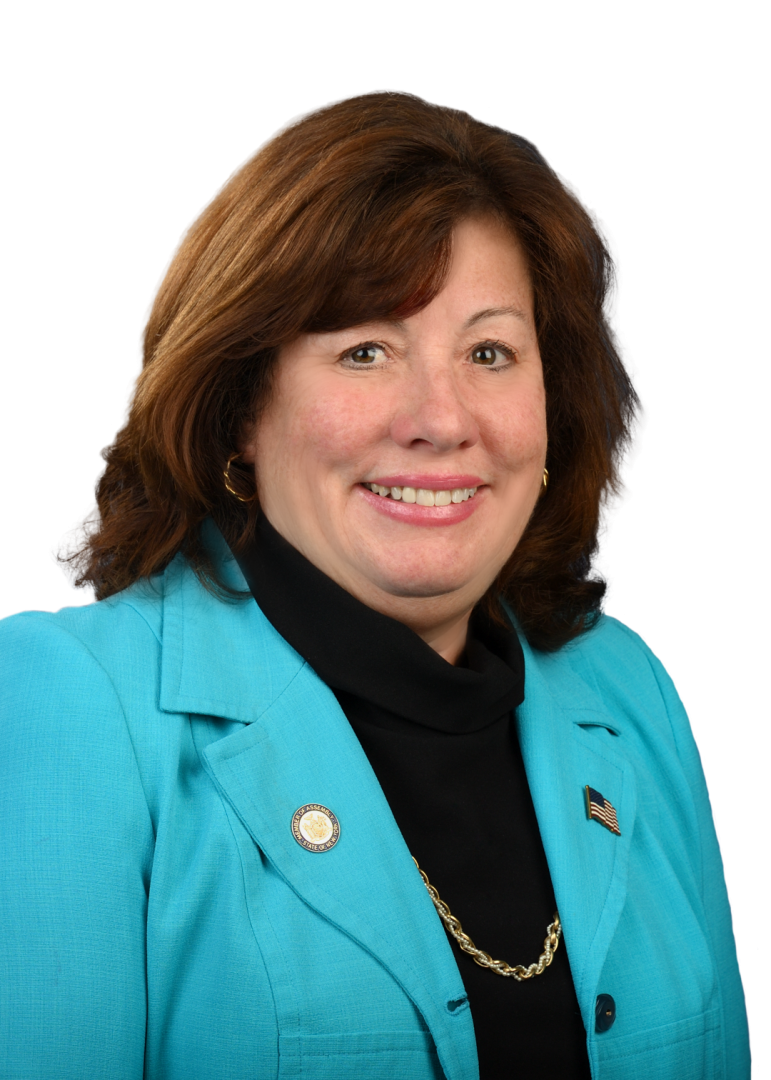Assemblywoman Marianne Buttenschon Hosts Roundtable Discussion on Recent Policy Changes with NYSERDA, ORES, And DEC in Utica
Utica, NY – In a continued effort to amplify the voices of rural and upstate New Yorkers, Assemblywoman Marianne Buttenschon (D–119) hosted an informative roundtable discussion today at the New York State Office Building in Utica. The event brought together representatives from the New York State Energy Research and Development Authority (NYSERDA), the Office of Renewable Energy Siting and Electric Transmission (ORES), the Department of Environmental Conservation (DEC), and the New York State Department of Transportation (DOT), alongside local leaders, school officials, municipal officials and leaders, business owners and concerned residents.
The roundtable aimed to foster transparency, encourage open dialogue, and give residents and community leaders the opportunity to raise questions and concerns about how statewide policies are affecting local communities.
“When it comes to sweeping policy decisions, transparency must come first,” said Assemblywoman Buttenschon. “It is critical that those of us in upstate communities, who live and work closest to the land, have a real seat at the table. This forum wasn’t just about information. It was about respect, collaboration, and ensuring that our residents are heard.”
The morning featured updates on zero-emission bus programs, clean air regulations, project permitting, and implementation of the Clean Air Act. Attendees also participated in breakout discussions with agency representatives where concerns were documented and addressed in real time.
The roundtable also welcomed remarks from Tom Heiland, President of Utica Mack, who offered a business and logistics perspective:
“Since 2019, the CLCPA was voted into law—yet nothing has been done for infrastructure. Do you have bids for installations? Do you have confirmation from power companies for supply? Why are we continuing to go down a road with no plan for success? Why not take your grant money and use it solely to get older trucks off the road? Nearly half of all diesel trucks in New York are from before 2010, and a 2025 diesel truck is 66 times cleaner than a 2010 model. You will get to your goal of cleaner air sooner if you get older trucks off the road without impacting dealerships and consumers. We have all the infrastructure in place for diesel trucks now. I want to thank Assemblywoman Buttenschon for putting this forum together and making sure our concerns are not only heard, but taken seriously.”
As New York continues its energy transition, Assemblywoman Buttenschon reaffirmed her commitment to bringing agency officials and community members together, not only to answer questions but to ensure local perspectives shape future energy decisions.
“This is just one step in a long journey,” Buttenschon concluded. “But I will never stop advocating for transparency, accountability, and fairness for the Mohawk Valle
